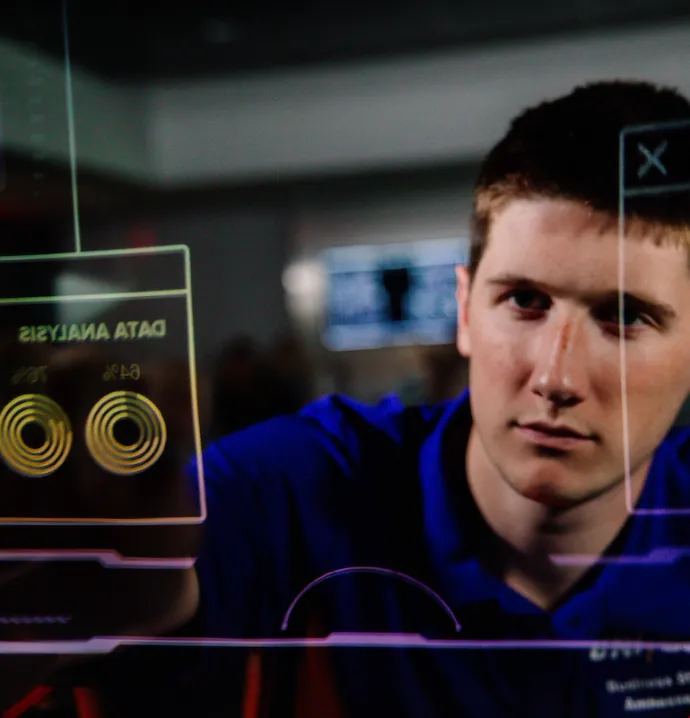All hail the billionaire
All hail the billionaire
After months of dreary experimentation in her basement, Dr. von Frankenstein, PhD, has concocted an effective antidote and vaccine for a deadly virus sweeping the United States. She files and receives a patent for her discovery.
Her business plan, developed by a friendly graduate of a prestigious ivy-covered MBA program, estimates that producing, marketing, distributing, and administering the drug will cost $100 per person. The best estimate of a monopoly profit-maximizing price is $1,000 per dose.
At 300 million Americans (considered the maximum number of willing men, women, and children), Dr. von Frankenstein figures to reap $270 billion in profits. Even after taxes, Dr. von Frankenstein stands to clear well over $100 billion, making her wealthier than the Queen of England and the richest oil Sheik.
Experts figure that her vaccine will save 3 million lives and 60 million cases of varying severity. Including direct and indirect costs, the vaccine will save $2 trillion.
Not all people are pleased with this scenario. Some legislators think it outrageous that Dr. von Frankenstein will assume a place among the wealthiest people on the planet. They want to exert a punitive tax that would leave her with, say, $3 billion. “For most people, $3 billion should be sufficient,” claims Senator Abbe Normal. “Otherwise, she is price gouging. She is a greedy so-and-so.”
Suppose Senator Normal gets such legislation passed. What are the potential consequences?
One could argue that once Dr. von Frankenstein has filed the patent, there’s no harm in squelching her profits. The real question, though, is what effect will such action have on future inventors? People invent out of various motivations, and such motivations are not necessarily mutually exclusive. Some invent because it is who they are, similar to artists, musicians, and poets. Other people invent in order to help humanity. Thomas Edison, however, may be the exemplar of combining these two motivations, along with an avid interest in making profits. Edison was notorious for using patents for establishing monopoly power and tying up other pioneers in endless lawsuits, whereby only the lawyers won. Inventors, therefore, are likely to be discouraged to some degree by such heavy-handed government taxation. Ascertaining the effect of such discouragement upon future innovation is difficult.
Consider that people voluntarily purchased the vaccine. For those unable to pay $1,000, voluntary charity and government subsidization are likely outcomes. Few people would be unable to get the vaccine solely because of lack of money.
You may argue that this transaction is not “voluntary.” Without the vaccine, people have a pretty high risk of dying (roughly 1%, which is very high). I would suggest an alternative way to think about this problem. People voluntarily smoking cigarettes for years and are willing to spend money to incur risk. A one-pack a day smoker is spending upwards of $2,000 a year; their risk of dying from lung cancer in any given year, while not as high as 1%, is certainly within a stone’s throw.
You may recall that I mentioned the Queen of England (by most accounts, a reasonably decent person) and an anonymous oil Sheik. In both cases, it is harsh but accurate to say, “They did not earn their wealth.” Queen Elizabeth’s and the oil Sheik’s more rapacious ancestors expropriated land and mineral rights. In modern-day American, many people cheer instant-millionaire lottery winners, who have done absolute nothing to deserve their newfound riches. I would rather see Dr. von Frankenstein garner extreme wealth, for at least she would have become wealthy by helping people.
The views and opinions expressed are those of the author and do not imply endorsement by the University of Northern Iowa.




